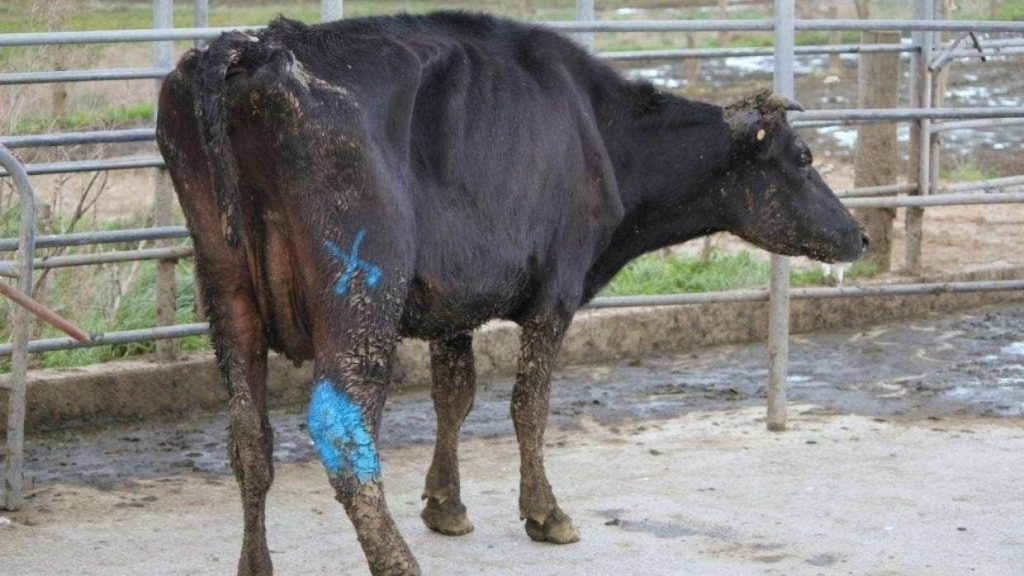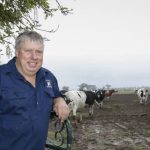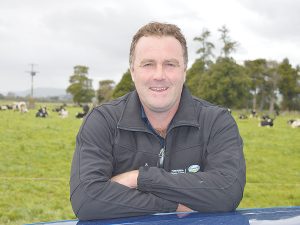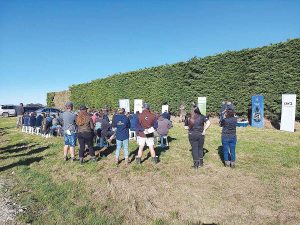
Ministry for Primary Industries’ data on the number and nature of complaints in the commercial dairy industry over the last five years showed that of the 1304 complaints made from the beginning of 2017 to April this year, 420 resulted in investigators uncovering an animal welfare offence.
In 2017 there were 264 complaints, 258 in 2018, 332 in 2019 and last year there were 373.
DairyNZ senior manager Helen Thoday said the majority of its farmers followed excellent animal welfare practices because they cared for and valued their cows.
“We are concerned about any breach of animal welfare standards.”
She said the rising number of complaints might be due to raised awareness.
“As public expectations around animal care rise and the laws that protect animals strengthen, we expect the number of complaints might increase.”
Just over a third of complaints over the four years from 2017-2020 were animal health related and a quarter were to do with transportation of the cattle.
Twelve per cent involved injuries.
Animal welfare breaches were dealt with via various degrees of response with the highest level of offending facing recommendation for prosecution.
Infringement notices were recommended for the next most serious offenders.
The next level down, farmers were given a written warning, and those at the least serious end of the spectrum were given advice and education for minor breaches.
The number of recommended prosecutions year-by-year remained relatively static with 11 in 2017, 13 in 2018, nine in 2019 and 10 last year.
Transportation-related complaints had risen dramatically from 13 in 2017 to 137 last year, whereas complaints based on the animals’ behavioural and physical needs decreased significantly from 108 in 2017 to 63 last year.
Thoday said DairyNZ was aware of the increase in transport complaints and infringement offences, and she believed it was due to regulations brought into effect from 2018, which gave MPI more powers of enforcement.
“We encourage farmers to apply high standards that comply with regulations when transporting animals.
“The dairy sector takes animal care extremely seriously and is committed to world-leading animal care under our sector strategy, Dairy Tomorrow.”
The Animal Welfare Act 1999 sets the standards for how people should take care of and act towards animals and MPI and the SPCA jointly enforced the Act.
SPCA scientific officer Dr Alison Vaughan said the public played a vital role in reporting suspected animal welfare, and it was not possible to say whether the increase in complaints was due to more offending or more reporting from the public.
“In recent years, there has been more media coverage and public awareness of these issues which may contribute to an increase in people reporting.”
The SPCA also recognised higher welfare farming practices with a voluntary accreditation programme designed to hold members to higher practices than those required by law, but that did not cover the commercial dairy cattle industry.
“We currently have dairy sheep standards and will be releasing additional standards in the near future,” Vaughan said.

























